Beginning your journey with a programming roadmap can be as thrilling as it is overwhelming. Programming is a vast and continuously expanding field, which makes it difficult to determine where to begin and how to proceed.
A well-defined roadmap becomes invaluable at this point. A well-defined programming roadmap serves as a strategic plan, outlining a clear path from the very basics to more advanced levels.
It not only guides us, but it also helps us keep track of our progress and stay focused, making sure that we cover important topics systematically.
This blog post offers you such a roadmap. Whether you’re a complete novice with a budding interest in coding or someone with some experience looking to deepen your expertise, this guide helps you navigate through the complexities of programming.
From selecting your first programming language to understanding complex algorithms, this comprehensive guide aims to equip you with the foundational knowledge and skills needed to become a proficient programmer.
Table of Contents
1. Understanding the Basics: Starting Your Programming Roadmap

Choosing Your First Programming Language
Before going deep into the complexities of programming, the first step is selecting the right language to start with.
Languages like Python and JavaScript are ideal for beginners because of their simple syntax and widespread use in various applications.
Developers widely use Python in web development, data science, and automation because of its readability. JavaScript is essential for web development, especially for creating interactive web pages.
Python Resources
- Python.org: Official Python documentation, offering extensive resources, tutorials, and guides.
- Codecademy’s Python Course: An interactive platform for beginners to learn Python syntax and basics.
- Automate the Boring Stuff with Python: A practical book for absolute beginners, focusing on real-world applications.
JavaScript Resources
- MDN Web Docs on JavaScript: Comprehensive documentation and tutorials on JavaScript.
- JavaScript.info: Offers detailed insights into JavaScript, from basics to advanced topics.
- Eloquent JavaScript: A modern introduction to programming using JavaScript, available for free online.
Fundamentals of Computer Science
Understanding the core concepts of computer science is crucial to building a sound foundation in programming. These fundamentals include algorithms, flowcharts, and basic data structures like arrays and linked lists.
Algorithms and Flowcharts
- Algorithms are step-by-step procedures for solving a problem, and flowcharts visually represent these algorithms.
- Resources: Khan Academy’s Algorithms Course, Flowchart Tutorial.
Basic Data Structures
- Data structures like arrays, linked lists, and stacks are essential for organizing and managing data efficiently in programs.
- Resources: GeeksforGeeks Data Structures, and Algorithms in Python (Book).
For beginners, diving into these resources can provide a solid starting point in the world of programming.
Remember, the key is consistent practice and patience. As you grow in your understanding and skills, you’ll be able to tackle more complex topics with confidence.
2. Intermediate Skills Development
Object-Oriented Programming (OOP)
As you become comfortable with basic programming concepts, it’s time to explore object-oriented programming (OOP).
OOP is a programming paradigm based on the concept of “objects,” which can contain data and code: data as fields (often known as attributes or properties), and code as procedures (often known as methods).
Key concepts in OOP include
- Encapsulation: Keeping the internal state of an object private and only allowing modification through methods.
- Inheritance: Creating new classes from existing ones and inheriting attributes and methods.
- Polymorphism: Allowing methods to do different things based on the object they are acting upon.
- Abstraction: Hiding complex implementation details and showing only the features.
Project Ideas
- Develop a simple banking application to practice class creation, inheritance, and encapsulation.
- Create a basic game (like Tic-Tac-Toe) to explore polymorphism and abstraction.
Functional Programming (FP)
Developers write programs in Functional Programming (FP) by applying and composing functions. It emphasizes the use of pure functions and avoids changing-state and mutable data.
Key concepts include
- Higher-order functions: Functions that take other functions as arguments or return them.
- Immutability: In immutability, data states remain unchanged.
- Recursion: Functions calling themselves a method to loop through data.
Project Ideas
- Build a calculator that uses higher-order functions for its operations.
- Implement a simple data processing application using recursion and lambda functions.
Git and GitHub
Understanding and using version control systems, especially Git, is essential for any developer. Git allows you to track changes in your code and collaborate with others.
- Git Basics: Start by learning Git commands like git init, git clone, git add, git commit, git push, git pull, and git branch.
- GitHub Basics: Familiarize yourself with GitHub, a platform for hosting and collaborating on Git repositories. Learn to create repositories, manage branches, and use GitHub for project collaboration.
Tutorials
- Git Official Documentation: Comprehensive guide to Git.
- GitHub Learning Lab: Interactive learning platform for understanding GitHub workflows.
3. Data Structures and Algorithms

Core Data Structures
As you learn more about programming, it’s important to understand basic data structures.
These are ways to organize data that enable efficient data access and manipulation.
- Arrays: An array is a group of items stored in memory locations that are next to each other.
- Linked Lists: Collections of items where each item points to the next, allowing for dynamic memory allocation and efficient insertions and deletions.
- Trees: Hierarchical structures that allow quick search, insert, and delete operations.
- Graphs: Sets of nodes connected by edges, useful in representing real-world problems like networks.
Exercises
- Implement array-based data structures from scratch.
- Create a linked list and write functions for insertion and deletion.
- Develop a binary search tree and implement traversal methods.
Essential Algorithms
Algorithms are the core of computer science. A sound foundation in algorithms not only improves your programming skills but also helps you think about problems more efficiently.
- Sorting Algorithms: Understand and implement basic sorting algorithms like Bubble Sort, Quick Sort, and Merge Sort.
- Searching Algorithms: Learn and implement searching algorithms such as Linear Search and Binary Search.
Practice Platforms
- LeetCode: Offers a wide range of problems to practice data structures and algorithms.
- HackerRank: Provides many challenges for different aspects of programming, including algorithms.
Engaging with these concepts and practicing regularly on sites like LeetCode and HackerRank will help you understand data structures and algorithms a lot better.
4. Advanced Programming Topics
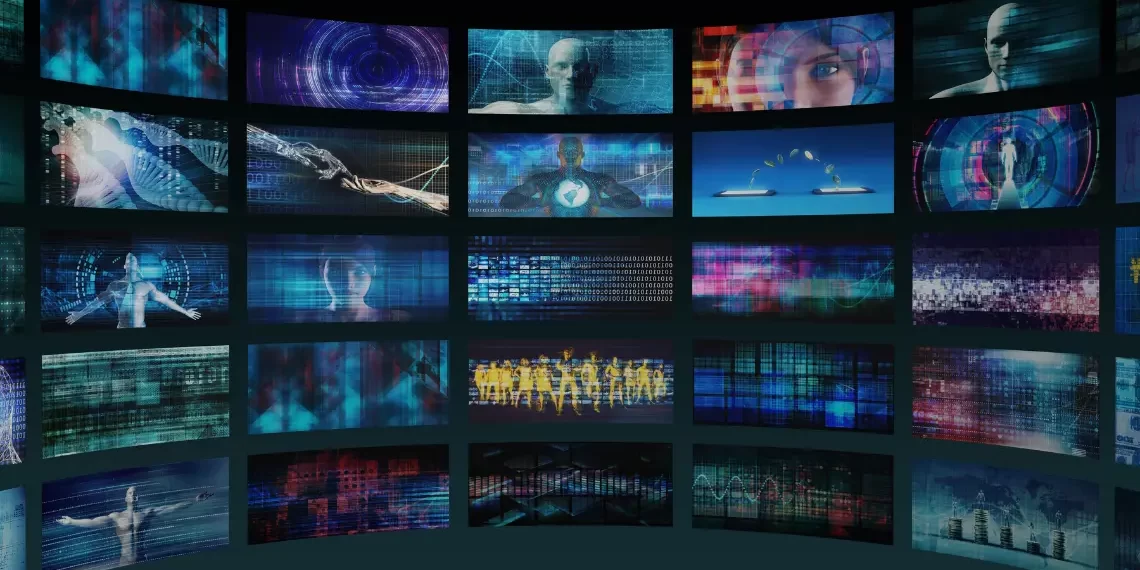
Database Management
As you advance in programming, understanding database management becomes crucial. Databases are pivotal in storing, retrieving, and manipulating data in almost all software applications.
SQL Databases
- SQL databases, also known as relational databases, use tables to store data.
- Start with databases like MySQL or PostgreSQL.
- Learn to create databases, write queries for CRUD (Create, Read, Update, Delete) operations, and understand relational database design.
NoSQL Databases
- The flexibility of NoSQL databases makes them a popular choice for handling extensive sets of distributed data.
- Explore databases like MongoDB or Cassandra.
- Understand document stores, key-value stores, and graph databases.
Resources
- SQLZoo: Interactive SQL tutorials.
- MongoDB University: Free courses on MongoDB.
- DataCamp: Courses on both SQL and NoSQL databases.
Web Development Basics
Web development is a critical skill in the programming world, encompassing the creation of websites and web applications.
HTML, CSS, and JavaScript
- HTML is the standard markup language for documents designed to be displayed in a web browser.
- Developers use CSS to describe the presentation of a document written in HTML.
- JavaScript is a programming language that enables interactive web pages.
Project Idea
Build a personal website or a blog. This project will help you understand how HTML, CSS, and JavaScript work together. Start with a basic layout and progressively enhance its features and design.
Resources
- MDN Web Docs: Comprehensive resources for HTML, CSS, and JavaScript.
- freeCodeCamp: Offers interactive learning and projects on web development.
5. Mastering Latest Technologies
Frameworks and Libraries
Frameworks and libraries are essential for efficient and effective software development, providing reusable code and patterns.
JavaScript Frameworks
- React: A JavaScript library for building user interfaces, particularly single-page applications.
- Project Idea: Create an interactive web application, like a to-do list or a blog platform, using React.
Python Frameworks
- Django: A high-level Python web framework that encourages rapid development and clean, pragmatic design.
- Project Idea: Develop a basic content management system or a data-driven web application using Django.
Resources
DevOps and Cloud Computing
Understanding DevOps and cloud computing is increasingly becoming a must-have skill set for developers.
Cloud Services
- Platforms like Amazon Web Services (AWS) and Microsoft Azure offer a variety of cloud computing services.
- Learn about cloud concepts like virtual machines, cloud storage, and cloud networking.
DevOps Practices
- DevOps bridges the gap between development and operations, focusing on continuous integration and continuous deployment (CI/CD).
- Tools like Jenkins, Docker, and Kubernetes are fundamental to the DevOps lifecycle.
Project Idea
- Deploy a simple application on the cloud using AWS or Azure.
- Implement a CI/CD pipeline for your application using Jenkins or GitHub Actions.
Resources
- AWS Training and Certification
- Azure Fundamentals
- Docker Get Started Guide
- Kubernetes.io
6. Soft Skills and Career Development
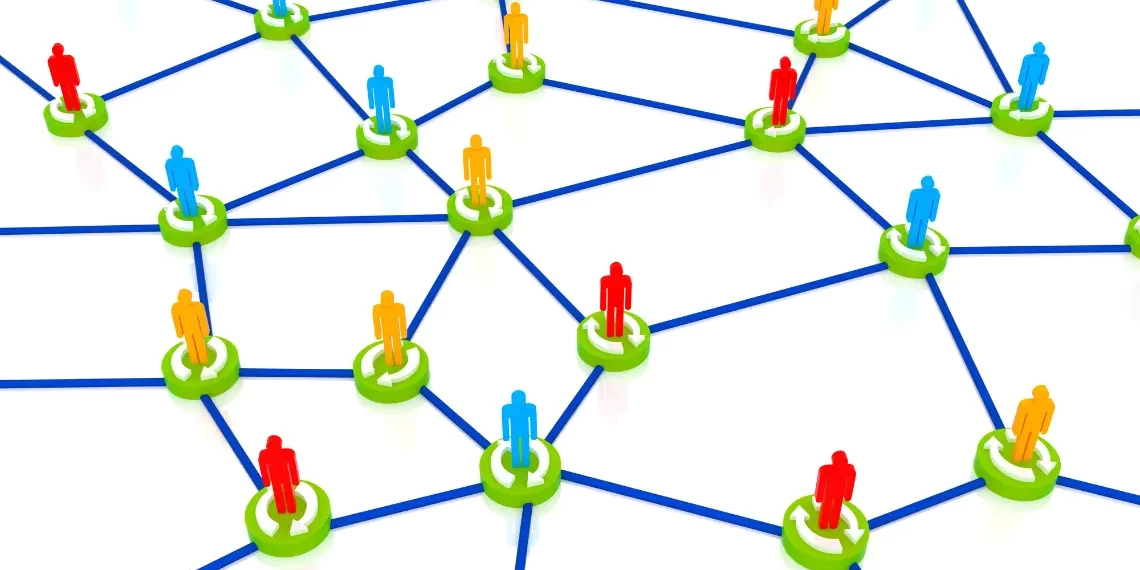
Besides technical skills, soft skills play a critical role in a successful programming career. They help you do your job better and keep up with the constantly changing tech world.
Problem-Solving and Logical Thinking
Problem-solving is at the heart of programming. Developing strong problem-solving skills is essential for understanding and tackling complex coding challenges.
- Puzzle Games and Brain Teasers: Engaging in activities like Sudoku, logic puzzles, or chess can sharpen your problem-solving skills.
- Coding Challenges: Platforms like Project Euler or CodeSignal offer a variety of problems that encourage logical thinking and algorithmic problem-solving.
Networking and Community Involvement
Networking is a powerful tool for career growth, learning, and staying informed about the latest in the tech industry.
- Attend Meetups and Webinars: Platforms like Meetup list many tech gatherings and events. Attending these can expand your professional network and knowledge base.
- Contribute to Open-Source Projects: Contributing to projects on platforms like GitHub or GitLab helps you gain practical experience and connect with other developers.
- Online Communities: Join forums and communities such as Stack Overflow, Dev.to, or Reddit’s r/programming for discussions, advice, and sharing knowledge.
7. Continuing Education and Keeping Up-to-Date
![]()
The tech world is dynamic, with new technologies and methodologies emerging regularly. Continuous learning is key to staying relevant and advancing in your career.
Learning Resources
- Books: Reading programming books can provide deep insights into concepts and best practices. I highly recommend titles like Clean Code by Robert C. Martin and The Pragmatic Programmer by Andrew Hunt and David Thomas.
- Blogs and Podcasts: Follow industry blogs like Smashing Magazine and podcasts like CodeNewbie for the latest trends and discussions in the tech world.
- Online Courses: Platforms such as Coursera, Udemy, and edX offer courses on a wide range of topics, from specific programming languages to broader tech subjects.
Staying Updated
- Follow Industry Leaders and influencers on social media platforms like LinkedIn and Twitter.
- Take part in Workshops and Conferences: Regularly attending industry workshops and conferences can provide insight into emerging technologies and methodologies.
Conclusion
As we conclude this comprehensive journey through the programming roadmap, let’s briefly recap the key steps we’ve covered:
- Understanding the Basics: Starting with fundamental programming concepts and choosing your first programming language.
- Intermediate Skills Development: Advancing into Object-Oriented and Functional Programming and mastering version control systems like Git.
- Data Structures and Algorithms: Deepening your understanding of core data structures and essential algorithms.
- Advanced Programming Topics: Exploring database management and web development basics.
- Mastering Latest Technologies: Continuing down the programming roadmap, diving into frameworks and libraries, and getting acquainted with DevOps and cloud computing.
- Soft Skills and Career Development: Focusing on problem-solving, logical thinking, networking, and community involvement.
- Continuing Education: Emphasizing the importance of ongoing learning and staying updated with the latest trends.
To learn how to code, you need to be patient, dedicated, and practice regularly on this programming roadmap. Every step you take builds on the one before it, helping you understand the main things better.
Remember, programming is not just about learning a language or a tool; it’s about developing a mindset to solve problems and create impactful solutions.
We invite you to share your progress, experiences, and insights from your programming roadmap journey. Whether you’re just starting or you’re well into your programming journey, your stories and questions can inspire and help others.
Did you find this programming roadmap helpful? Do you have any experiences or tips you’d like to share? Or perhaps you have questions about a specific topic? We encourage you to leave a comment below.
Your feedback not only enriches this discussion on the programming roadmap but also helps us create more valuable content for you in the future.
Happy coding, and remember: the journey of a thousand lines of code begins with a single keystroke
Frequently Asked Questions (FAQ)
How long does it take to become proficient in programming?
The time to become proficient in programming varies based on several factors, like the time you can dedicate, your background, and the complexity of the languages or technologies you’re learning. With consistent practice and dedication, you can expect to see significant progress within a few months to a year.
What are the best ways to practice and improve my coding skills?
The best way to improve coding skills is through practice. Work on personal projects, contribute to open-source projects, take part in coding challenges on platforms like LeetCode or HackerRank, and read and write code regularly.
How important are algorithms and data structures in programming?
Algorithms and data structures are crucial, as they form the backbone of programming. Understanding them is key to writing efficient and scalable code, and they are often a focus area in technical job interviews.
Should I focus more on front-end, back-end, or full-stack development?
This depends on your interests and career goals. Front-end development is more about what users see (UI/UX); back-end development involves the server-side; and full-stack encompasses both. Each has its own set of challenges and rewards.
How can I stay updated with the latest programming trends and technologies?
Follow tech blogs, subscribe to programming channels on YouTube, listen to tech podcasts, join developer communities, and attend workshops or webinars. Continuous learning is key in the ever-growing field of technology.
🚀 Before You Go:
- 👏 Found this guide helpful? Give it a like!
- 💬 Got thoughts? Share your insights!
- 📤 Know someone who needs this? Share the post!
- 🌟 Your support keeps us going!
💻 Level up with the latest tech trends, tutorials, and tips - Straight to your inbox – no fluff, just value!

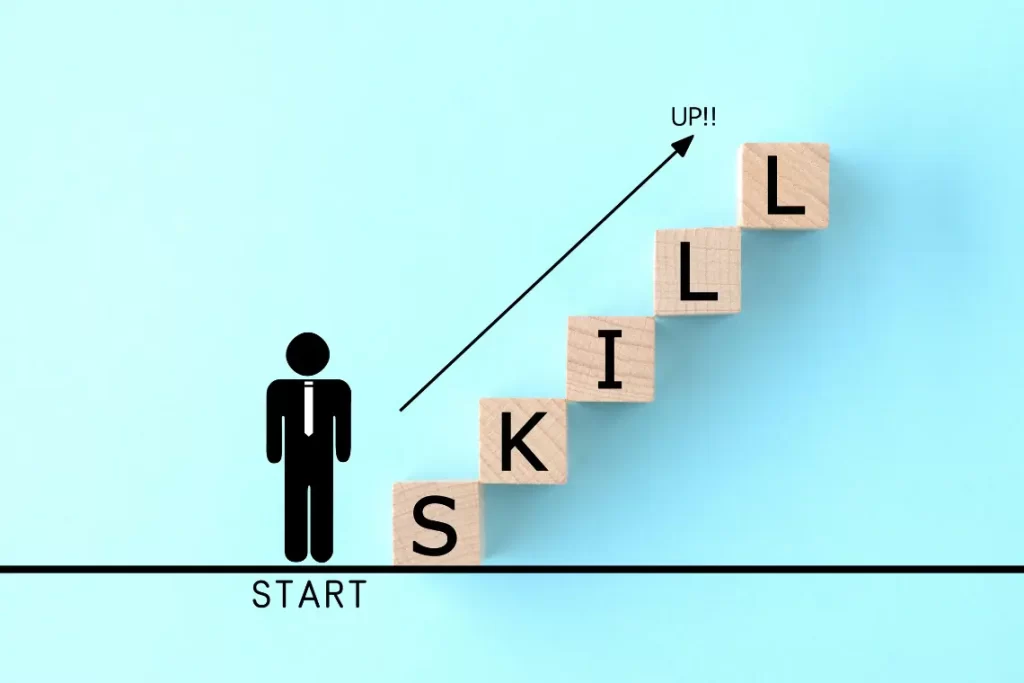

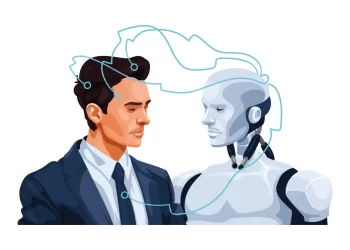
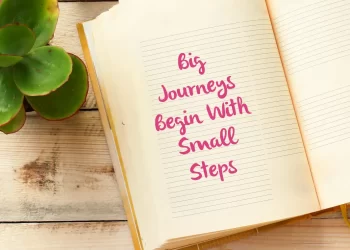

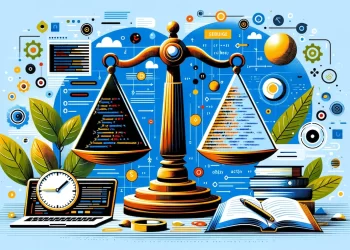



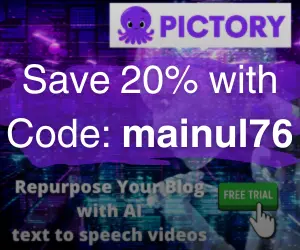







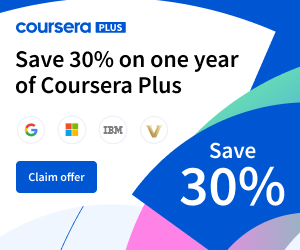
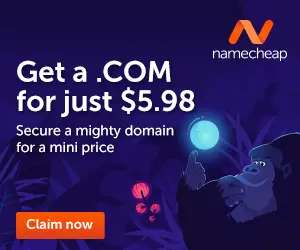

Way cool, some valid points! I appreciate you making this article available, the rest of the site is also high quality. Have a fun.